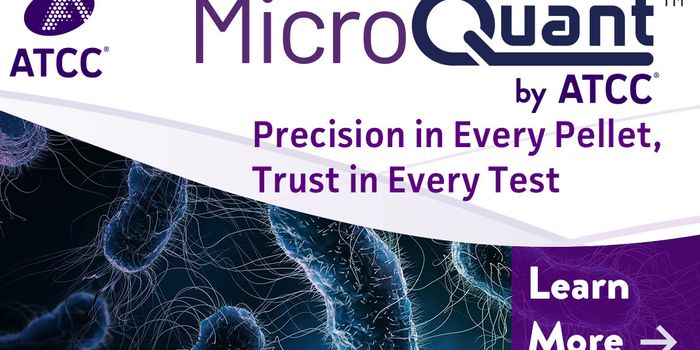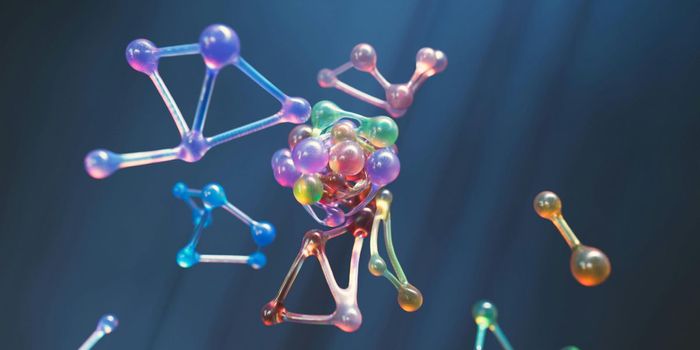Drug Combination Generates New Neurons from Neighboring Cells
In a study published in Stem Cell Reports, scientists at Penn State University have developed a drug cocktail that converts neighboring cells—often known as glial cells-- of damaged neurons into functional new neurons. The study could open doors to treating stroke, Alzheimer's disease, and brain injuries. Glial cells normally provide support and insulation for neurons.
Learn more about glial cells:
"The biggest problem for brain repair is that neurons don't regenerate after brain damage, because they don't divide," explains research team leader and professor of biology and Verne M. Willaman Chair in Life Sciences at Penn State University. "In contrast, glial cells, which gather around damaged brain tissue, can proliferate after brain injury. I believe turning glial cells that are the neighbors of dead neurons into new neurons is the best way to restore lost neuronal functions."
The current research study tested various numbers and combinations of molecules that will identify a streamlined approach to the reprogramming of astrocytes, a type of glial cells, into neurons. The result was chemically converted neurons that can survive for a while in a culture dish. These neurons form robust neural networks that send electrical and chemical signals for communication—just as normal neurons do.
"We identified the most efficient chemical formula among the hundreds of drug combinations that we tested," says graduate student, Jiu-Chao Yin. "By using four molecules that modulate four critical signaling pathways in human astrocytes, we can efficiently turn human astrocytes -- as many as 70 percent -- into functional neurons."
A simple treatment using four small molecules converts human astrocytes – a common type of cells in the nervous system – into new neurons, which develop complex structures after 4 months, as pictured. Credit: Gong Chen Lab, Penn State
"The most significant advantage of the new approach is that a pill containing small molecules could be distributed widely in the world, even reaching rural areas without advanced hospital systems," said Chen. "My ultimate dream is to develop a simple drug delivery system, like a pill, that can help stroke and Alzheimer's patients around the world to regenerate new neurons and restore their lost learning and memory capabilities."
Source: Pennsylvania State University









